Fieldwork
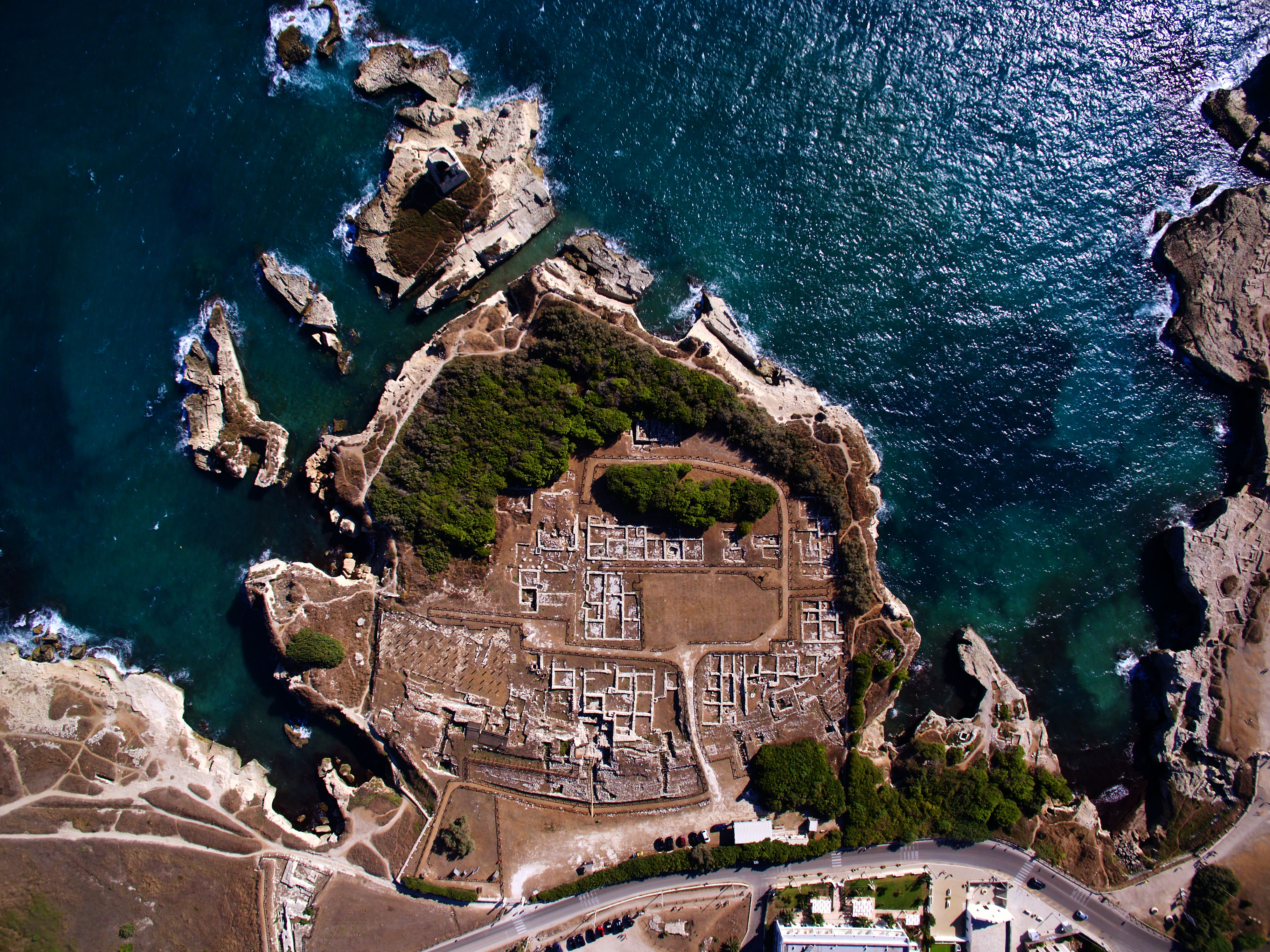
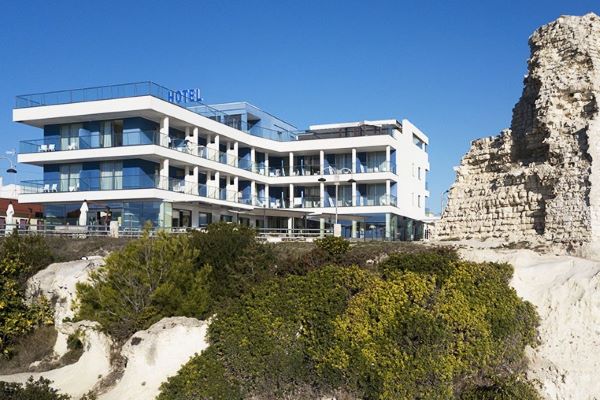
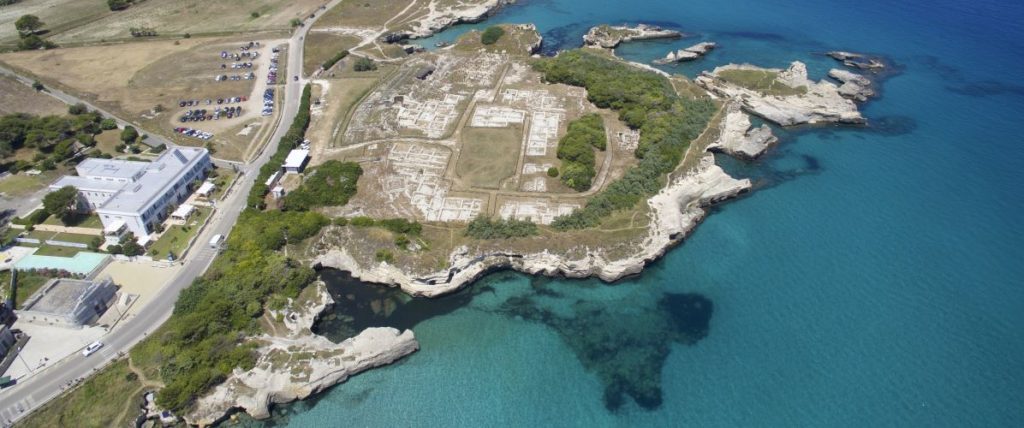
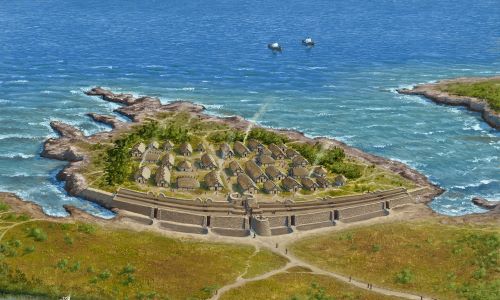
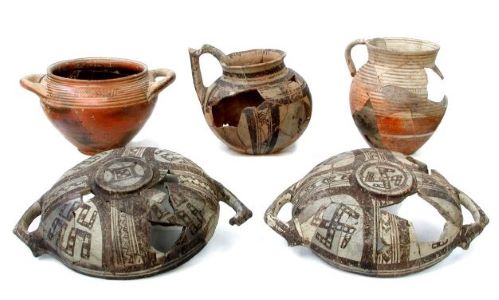
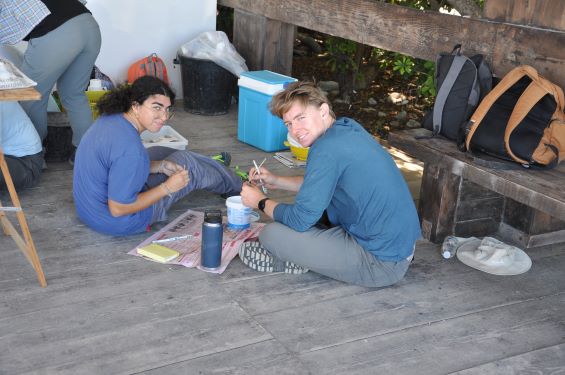
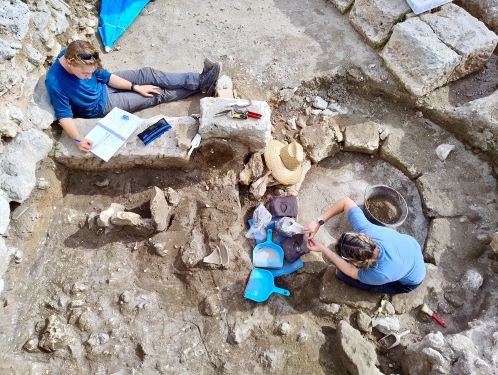
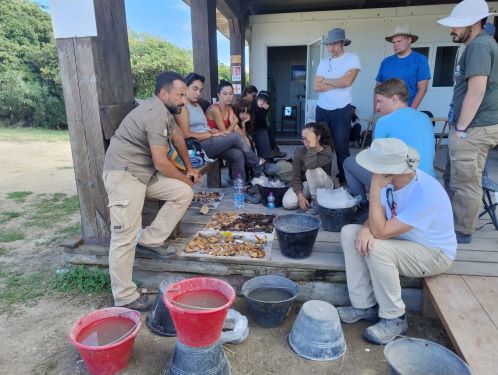
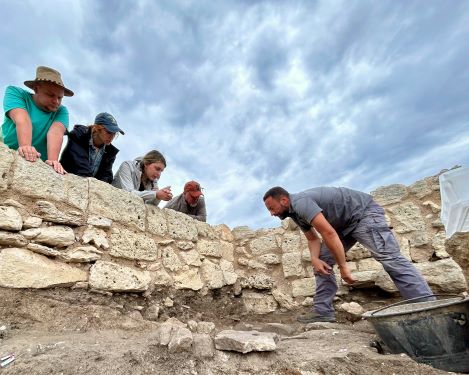
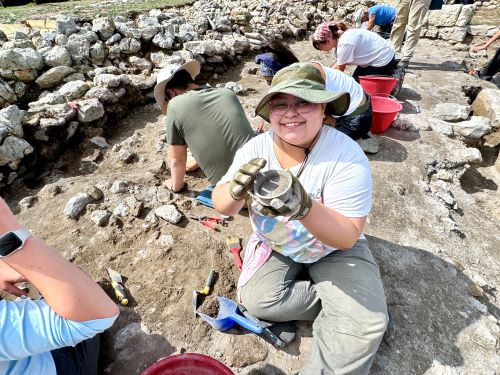
Location: torre di Roca Vecchia, SP366, 73026 Melendugno LE, Italy
Season: August 31, 2025 to September 27, 2025
Application Deadline: June 27, 2025
Deadline Type: Rolling
Website: https://www.fieldsciences.org/program/2025-italy-roca-vecchia/
Discount for AIA members: None
Program Type:
Field School
RPA Certified:
No
Affiliation:
Center for Field Sciences & University of Salento
Project Director:
Prof. Teodoro Scarano (Associate Professor of Prehistory and Protohistory, Dipartimento di Beni Culturali-Università del Salento, Italy)
Project Description:
The Bronze Age fortified settlement of Roca Vecchia was a strategic key-site for the crossing routes between the Aegean and the Central Mediterranean. Maybe more important, the site includes the Grotta Poesia cave, an important cult center since prehistory. Roca Vecchia was settled from the mid-17th to the late 11th century BCE and was protected by a massive wall, repeatedly destroyed and rebuilt over time. Finds from the Middle Bronze Age levels (17th-14th century BCE) clearly attest to the early involvement of Roca within the Aegean network. Finds include an unusual variety of products of both Minoan, Italo-Minoan and local Italian pottery. These artifacts indicate active and intensive trading along the southern Adriatic routes already at these early dates. Despite the unquestionable local identity of the site, Late Bronze Age Roca yielded more Aegean-type ceramics than any other settlement in Italy (including a large variety of both imports and their imitations). Roca appears to have been characterized by cultural hybridization of the local Italian population with Minoan and Mycenaean elements.
Recent investigations carried out in Roca suggest that extensive ritual practices were linked to collective ceremonial activities, incorporating rituals and symbols of both local and Aegean origin. Final Bronze Age evidence include exotica – such as ivory and amber, metalworking activities in bronze and gold, including gold sun discs and ornaments – suggesting the wealth and centrality of Roca for the central Mediterranean area.
During the forthcoming seasons, we plan to continue investigating both Bronze Age fortifications and the settlement area, as well as funerary evidence dating to the second and first millennium BCE. For the 2024 season, we plan to investigate the area close to the inside of the Middle Bronze Age fortification walls near the Postern C access. Students will excavate and document the multilayered stratigraphy (running from 2nd to 1st millennium BCE) and exploring some evidence related to the 14th century BCE battle which destroyed the earliest fortress of Roca. In addition, students will be engaged with documentation and analysis of artifacts and human remains recovered during the 2023 field season from the burial area of Grotta Poesia.
Period(s) of Occupation: Bronze Age
Notes:
Tuition cost is $4,900; Program awards 8 semester credit units (equivalent to 12 quarter credits units) through our school of record – Culver-Stockton College
Project Size: 1-24 participants
Minimum Length of Stay for Volunteers: Full length of program
Minimum Age: 18 years old
Experience Required: None. This is hands-on, experiential learning and students will study on-site how to conduct archaeological research. Field work involves physical work and exposure to the elements and thus requires a measure of understanding that this will not be the typical university learning environment. You will have to work outdoors and will get sweaty and tired. Students are required to come equipped with sufficient excitement and adequate understanding that field work requires real, hard work, in the sun and wind. The work requires patience, discipline, and attention to detail.
Room and Board Arrangements:
Students will be accommodated at Hotel Belvedere in Torre dell’Orso. Torre dell’Orso is a charming town in the territory of Melendugno (Lecce), located on the Adriatic coast of Salento, not far from the archaeological site of Roca Vecchia. The rooms are comfortable and bright and equipped with single and double beds, wardrobes, chairs, wi-fi, TV and air conditioning. On the terrace of the structure there is a swimming pool overlooking the wonderful bay of Torre dell’Orso.
DIET: Breakfast and dinner are provided by the hotel and students will travel with project vehicles. The dinner is based on Italian cuisine and includes a daily choice of a first and a second between two alternatives that change daily plus fruit or dessert, water included, and other drinks excluded. Students with special diets or food allergies must communicate directly with program staff to explore the possibility of accommodating their diet in this location.
Academic Credit:
Program awards 8 semester credit units (equivalent to 12 quarter credits units) through our school of record – Culver-Stockton College
Dorian Chee
5335 W Adams Blvd #106
Los Angeles
California
90016
U.S.
Phone: (562) 584-0761
The AIA is North America's largest and oldest nonprofit organization dedicated to archaeology. The Institute advances awareness, education, fieldwork, preservation, publication, and research of archaeological sites and cultural heritage throughout the world. Your contribution makes a difference.
Notifications